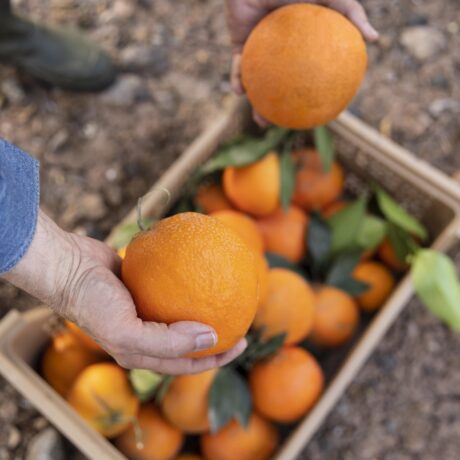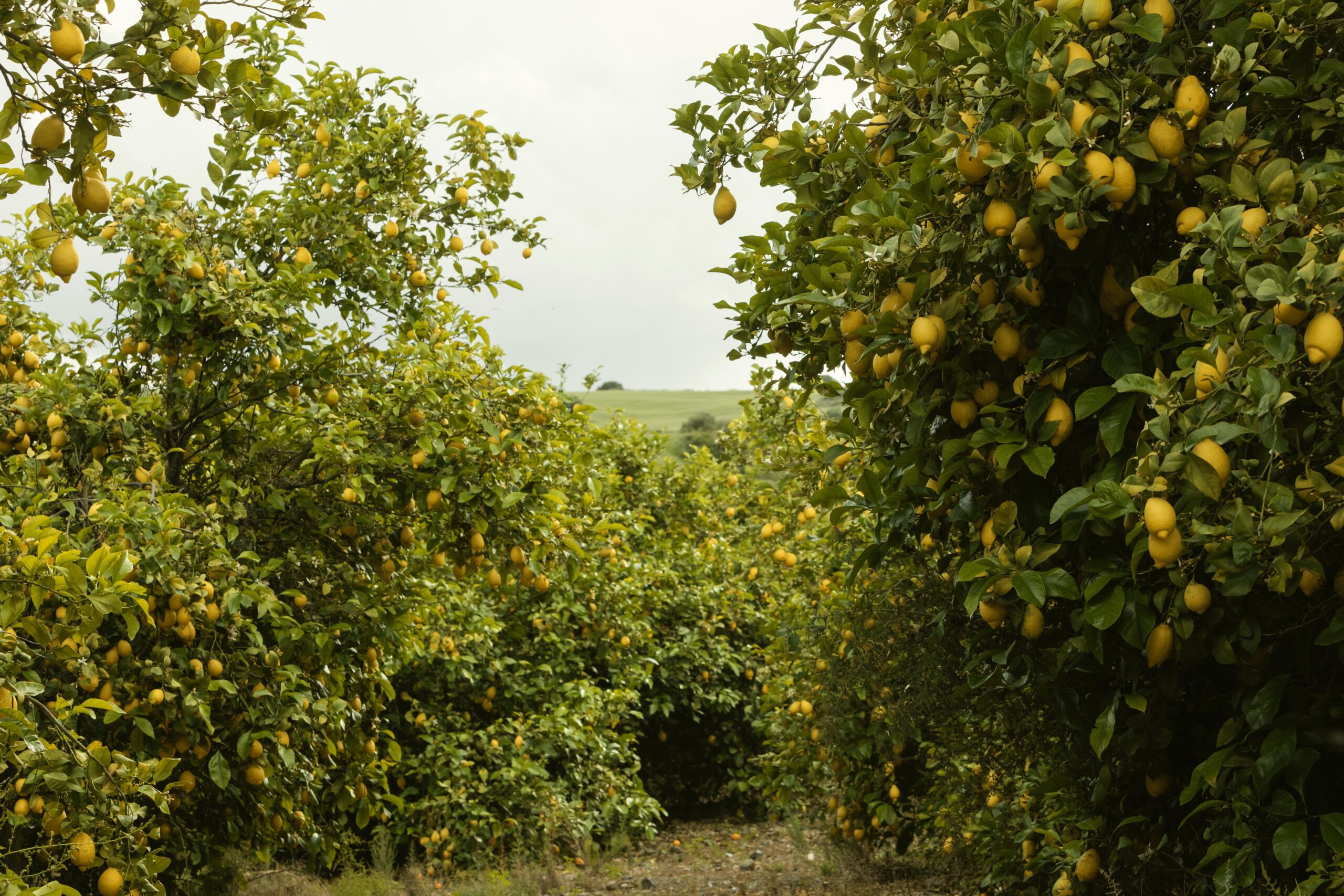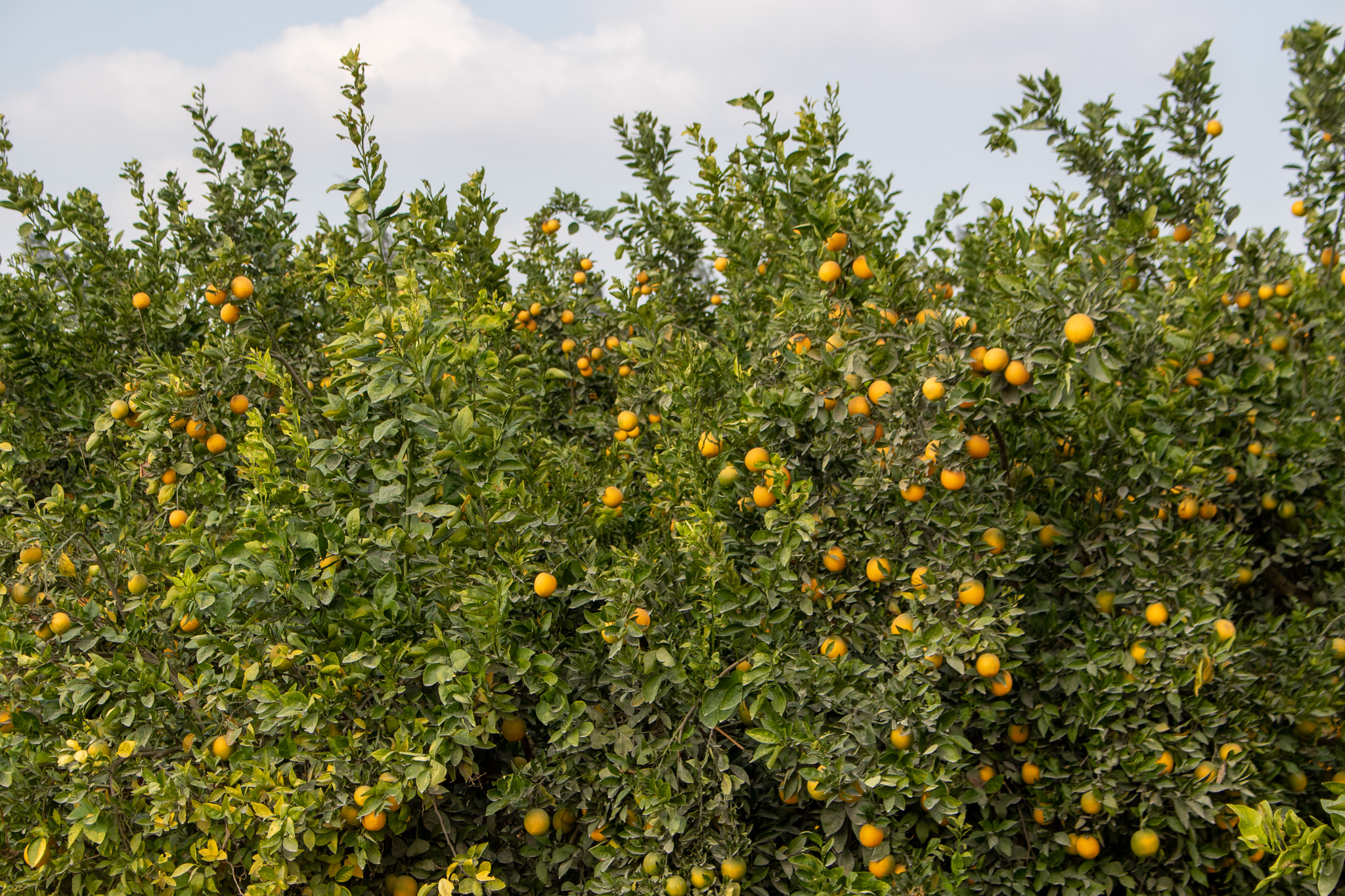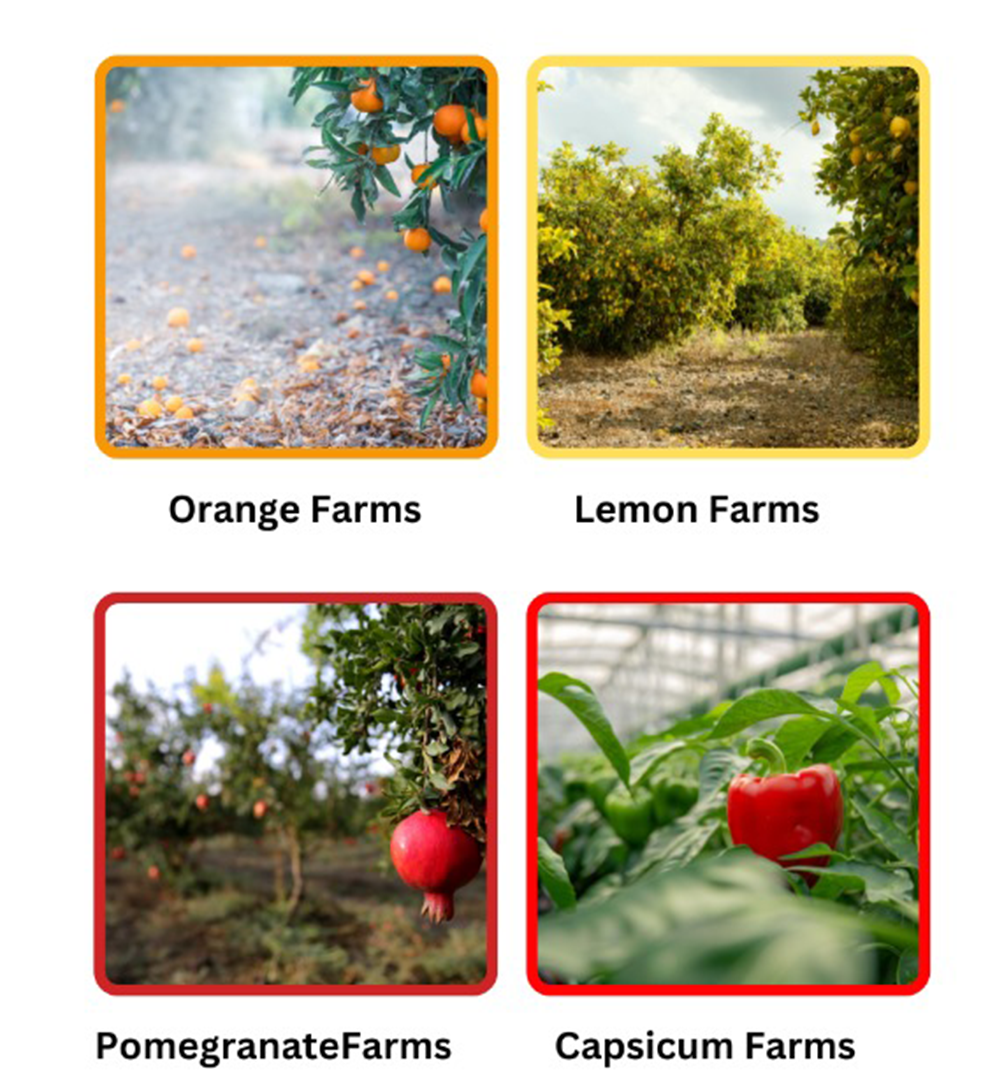
Creating a vision and mission statement for an agriculture-focused organization involves outlining the long-term goals and core purpose of the organization.
Here’s a general example that can be tailored to specific needs:
Vision Statement
A vision statement outlines the desired future state of the organization. It should be inspirational and aspirational.
Vision:
“To be a leading force in sustainable agriculture, pioneering innovative solutions that ensure food security, environmental stewardship, and economic viability for future generations.”
Mission Statement
A mission statement defines the organization’s purpose, primary objectives, and approach to reach its goals. It should be clear and concise.
Mission:
“Our mission is to advance sustainable agricultural practices through cutting-edge research, education, and community engagement.
We are committed to empowering farmers with the knowledge and resources to enhance productivity, protect natural resources, and foster resilient rural economies.”
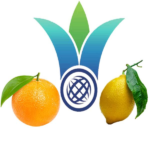
Key Components
Sustainability: Emphasizing the importance of sustainable practices to ensure long-term agricultural success.
Innovation: Highlighting the role of new technologies and methods in improving agricultural outcomes.
Education and Training: Focusing on educating farmers and agricultural professionals to adopt best practices.
Community Engagement: Building strong connections with the community to support agricultural initiatives.
Environmental Stewardship: Ensuring that farming practices protect and enhance natural resources.
Economic Viability: Supporting the economic health of farming communities.
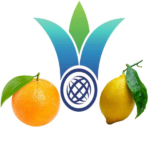
Values
1. Food Security
Ensuring Access to Food: Agriculture provides the primary source of food for the global population, ensuring people have access to a variety of nutritious foods.
Sustainable Production: Implementing sustainable practices to maintain food production for future generations.
2. Economic Value
Job Creation: Agriculture creates employment opportunities in farming, processing, marketing, and related industries.
Economic Growth:
Contributing to national GDP through exports and trade in agricultural products.
3. Environmental Stewardship
Biodiversity Conservation: Preserving a variety of plant and animal species through sustainable farming practices.
Resource Management: Efficient use of natural resources such as water, soil, and energy to minimize environmental impact.
4. Community and Cultural Values
Rural Development: Supporting the development of rural areas by providing livelihoods and infrastructure.
Cultural Heritage: Maintaining traditional farming practices and local food cultures that contribute to regional identities.
5. Innovation and Research
Technological Advancement: Promoting the development and adoption of new technologies to increase productivity and sustainability.
Research and Development: Investing in agricultural research to solve challenges such as pests, diseases, and climate change.
6. Health and Nutrition
Healthy Diets: Providing a diverse range of foods that contribute to balanced and healthy diets.
Nutrient-rich Crops: Developing and growing crops that are high in essential nutrients.
7. Social Responsibility
Ethical Farming Practices: Ensuring fair labor practices and animal welfare in agricultural operations.
Community Engagement: Involving local communities in decision-making processes related to agricultural development.
8. Climate Resilience
Adaptation Strategies: Developing methods to adapt to changing climatic conditions to ensure continuous food production.
Carbon Sequestration: Implementing practices that help capture and store carbon, reducing overall greenhouse gas emissions.
9. Global Interdependence
International Cooperation: Fostering global partnerships and trade agreements to ensure food security and agricultural development worldwide.
Knowledge Sharing: Exchanging information and best practices across borders to improve agricultural outcomes globally.
These values highlight the multifaceted importance of agriculture in shaping a sustainable, prosperous, and equitable future for all.

WHY MAPCO?
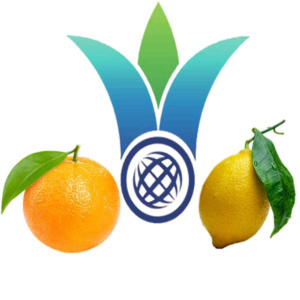
GET TO KNOW ABOUT US
We’re Leader in Agriculture Market
Mediterranean Agricultural Products Co.
(M.A.P.CO.) is a company dedicated to growing and exporting fresh fruit and vegetables from Egypt.
MAPCO is committed to providing our customers with quality products that are harvested and packed at the peak of their ripeness, ensuring maximum flavor and nutrition.
Our mission is to provide our customers with a reliable source of premium-grade, sustainably-cultivated fruits, and vegetables from Egypt delivered quickly and safely around the world.
We strive to ensure that each product meets our high standards for freshness, quality, safety, and sustainability before it leaves our farm.
